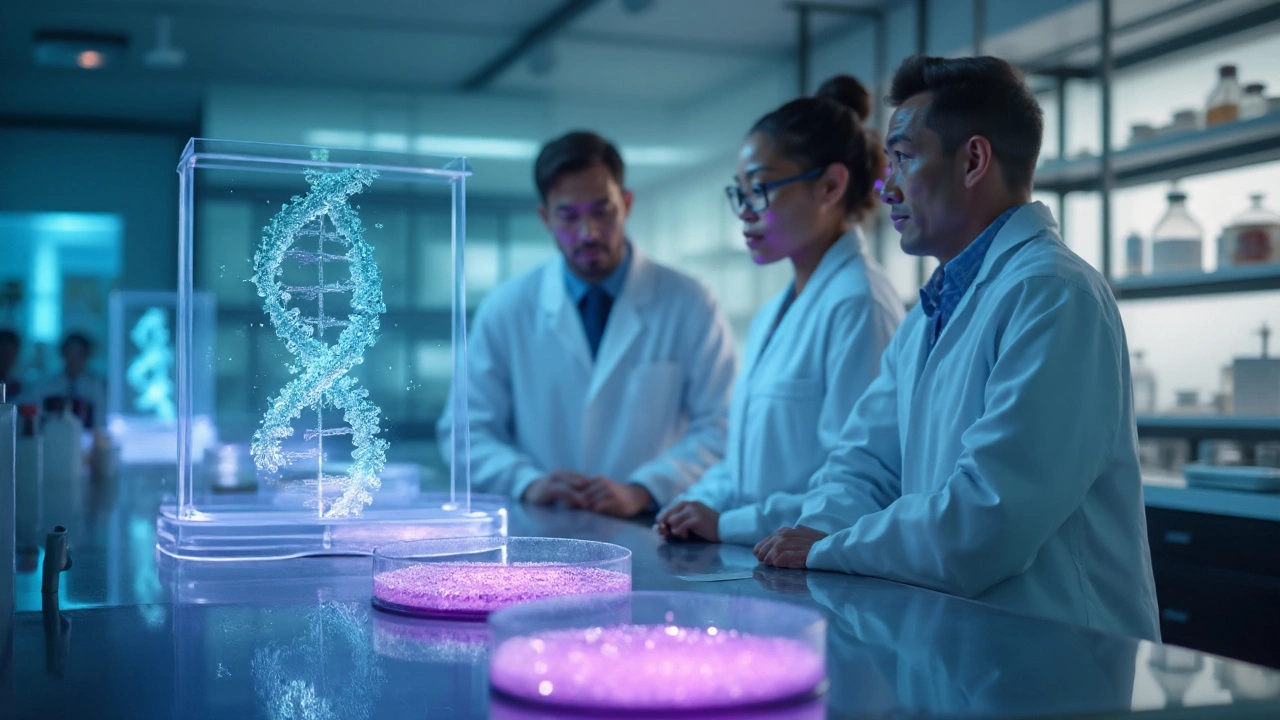Ever taken an antibiotic that didn’t seem to work? That’s a sign of antibiotic resistance, a problem that’s turning everyday bugs into tougher foes. When bacteria learn to dodge the drugs meant to kill them, infections linger longer, spread faster, and become more expensive to treat.
Resistance isn’t a futuristic nightmare – it’s happening right now. The World Health Organization says it could cause 10 million deaths each year by 2050 if we don’t act. That’s why understanding the basics matters for anyone who ever reaches for a prescription.
Bacteria are clever. Every time you use an antibiotic, a few of them might survive because of tiny genetic tweaks. Those survivors multiply, and the next dose hits an army that’s already smarter. Overuse (like demanding antibiotics for a cold) and misuse (skipping doses) give bacteria more chances to adapt.
Hospital settings boost the risk, too. Sick patients, close quarters, and heavy drug use create perfect breeding grounds for "superbugs" like MRSA or carbapenem‑resistant Enterobacteriaceae. Even our pets and the environment can harbor resistant germs, spreading them beyond the clinic.
First, only take antibiotics when a doctor says they’re needed. If you feel sick, ask whether it’s viral – antibiotics won’t help. When you do get a prescription, finish the whole course, even if you feel better early. This stops any lingering bacteria from surviving.
Second, practice good hygiene. Hand‑washing, using sanitizers, and keeping wounds clean cut down the chances of infection in the first place. Vaccines also play a big role – fewer infections mean fewer antibiotics.
Third, talk to your pharmacist. They can flag drug interactions, suggest shorter courses when appropriate, and help you understand the proper way to store pills. If you’re unsure about side effects, ask right away; stopping early because of an upset stomach can fuel resistance.
Lastly, support broader efforts. Community programs that promote responsible antibiotic use, and policies that limit over‑the‑counter sales, make a difference. When you hear about local stewardship campaigns, consider joining or spreading the word.
Antibiotic resistance might sound daunting, but simple habits add up. By using antibiotics wisely, keeping clean, and staying informed, you protect yourself and help keep these life‑saving drugs effective for the future.
Posted by
Paul Fletcher
10 Comments

Explore Ofloxacin’s mechanism, its activity against MDR pathogens, clinical evidence, safety concerns and how it fits into modern antibiotic stewardship.
read more